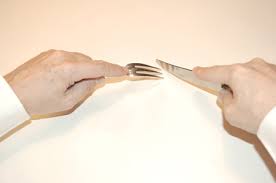Showing Appreciation Everyday
In the U.S. this is the time we celebrate Administrative Assistant’s Day and week. Traditionally, a time for the boss to recognize their assistants for all of their hard work throughout the year. Many bosses will offer flowers, gift cards, and even a lunch out of the office. However you do it, let these hard-working people, who often have your back, know that you appreciate them.
Administrative Assistants are often the first impression for you as the boss, or for your entire organization…a very important job. So, don’t just remember them this week, let them know throughout the year how much you appreciate them.
I am always sad when I hear front line people say that they don’t think their bosses even know their name. A sad commentary, I think, in any arena.
Some ways to honor them are:
-
Send flowers, always a thoughtful gift and they brighten up the usual office atmosphere.
-
Provide gift cards for food, coffee, gas or a myriad of other things. The cards can be used or saved for something special.
-
Take them out to lunch. When the boss takes the time to go with their assistants for a meal out of the office, it says they are worthy of your company and your assistants will feel special.
-
Carry-in food if it is difficult to break away from your work situation in the middle of the day.
-
Send them for training out of the office. Getting away for some special, out of the ordinary, training can do a lot to boost the morale of your team members.
-
Most importantly, say, “thank you.” Something many people don’t hear very often during their work day.


